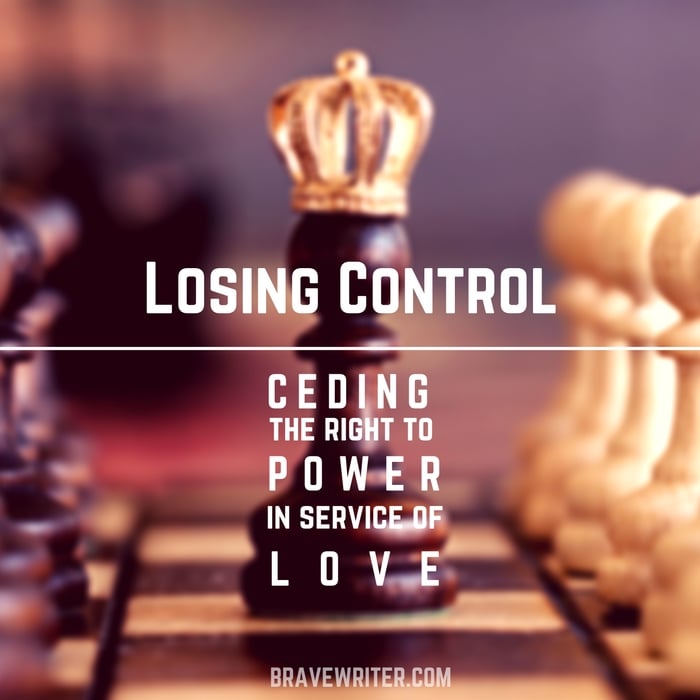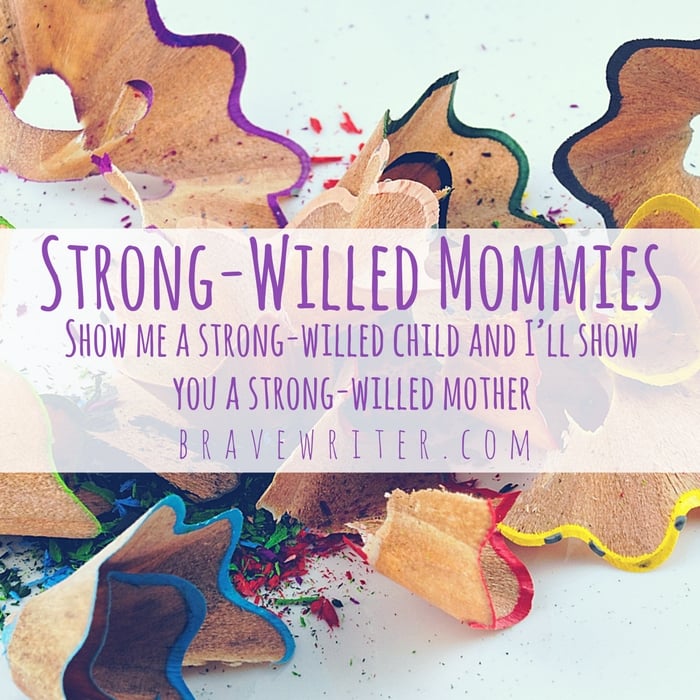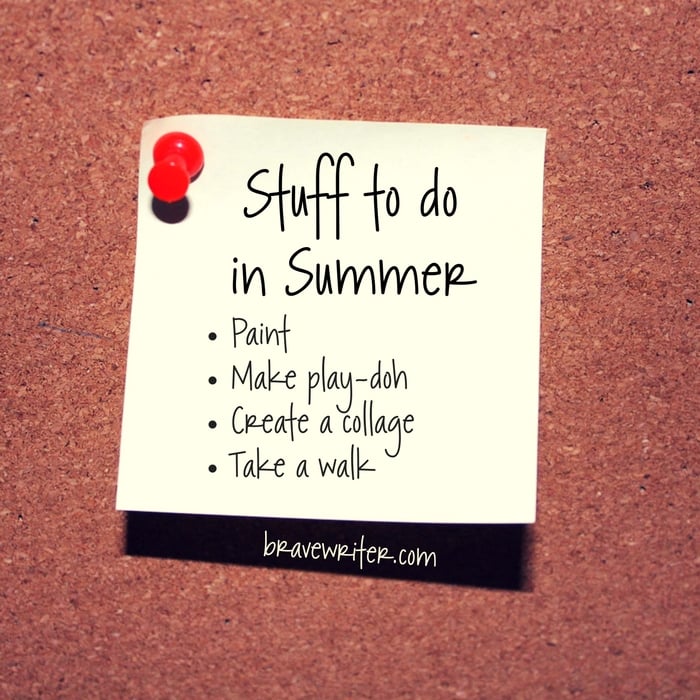
Hi Julie,
In your FAQ section of The Writer’s Jungle you mention how kids can write about anything and do it well if they can find something about the topic that hooks their fascination. I’m wondering what this looks like in real life.
Can you tell me how the following 5th & 6th grade students would attack this assignment?
Write a Report on Christopher Columbus
Student A: This girl is a natural talker, loves to write in great detail, is very fashion conscious, and is able to find a number of ways to earn money.
Student B: A very analytical boy — math is his strong suit. He doesn’t enjoy flowery detail and wants to get to the facts and get the job done.
Student C: This child is very art oriented and enjoys science and animals.
Student D: This child does great at writing fictional stories — very into dramatic writing not factual.
Maybe these scenarios are not enough to go on and if not — what kinds of questions can I ask the kids to find out what their natural bent is? How can I help them when they are given a generic assignment to find their own groove and write from within?
Thanks!
Kellie
Let’s go one student at a time. Remember: these are ideas that may or may not work with individual kids. The idea is to shift your focus to the student’s natural bent and inclinations, away from strictures of an assignment. One thing to know: the most successful writers do this all the time instinctively. They hardly know they are doing it! So it’s not cheating. It’s smart writing.
Student A: This girl is a natural talker, loves to write in great detail, is very fashion conscious, and is able to find a number of ways to earn money.
Perhaps her interest in Columbus will be to choose an aspect of his character (personality? his attempts to get funding for his trip? his fashion sense?) to describe in detail. Let her hone in on one aspect (rather than generalizing) and see if she can get intimately acquainted with the most interesting part of who Columbus is. Start there. You can always add less interesting detail (biographical information or the timeline of his trip, etc.) once she’s given her full attention to the part that interests her most.
Student B: A very analytical boy — math is his strong suit. He doesn’t enjoy flowery detail and wants to get to the facts and get the job done.
This kind of kid does well with making a list to start. Let him itemize the factual details of the life of Columbus. Choose the most interesting, surprising fact to open the report. Let him organize the facts into categories and use sub-heads for each section. He can freewrite and then revise each group of facts one at a time. Then organize chronologically using sub-headings to provide natural structure and transitions.
Student C: This child is very art oriented and enjoys science and animals.
Columbus may be a hard sell for this kid. Perhaps write on something else! (smile) Also, could do pictorial narration with artwork and captions.
Student D: This child does great at writing fictional stories — very into dramatic writing not factual.
Put the report into a narrative style, telling it from Columbus’s perspective or alternatively this student could write from the perspective of a crew member on the ship. In The Writer’s Jungle, Gabrielle Linnell wrote a piece called “An Adventuring Maid.” She did research to have all her historical details accurately represented in her work, but she wrote her piece as a fictional narrative. This kind of work is a wonderful way to make writing spring to life. I like to use Jean Fritz’s books as an example of how history can be written in an engaging manner all while conveying the important historical information.
I hope that helps you get an idea of what you might be able to accomplish if you widen your expectations and apply some creativity.
As a side note. I graduated with my Master’s in theology in 2007. I had finals that included writing my own contemporary epistle, writing a translation, putting my theological thoughts into poetry, freewriting and personal experience as well as your standard academic formats. I thought I’d throw that out because there is a perception that all the writing anyone will ever do in the future is essays and research papers. Not necessarily!
Images by MapHobbit, Scott Markowitz, anthony kelly (cc cropped, tinted)

























